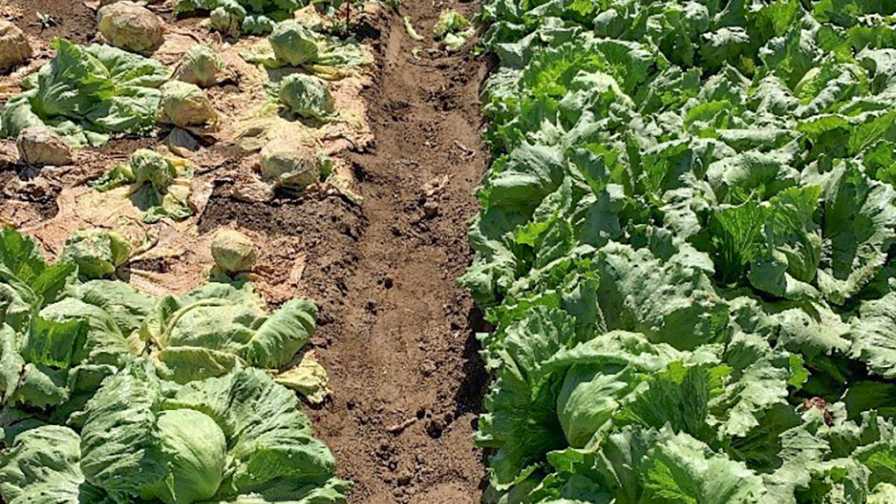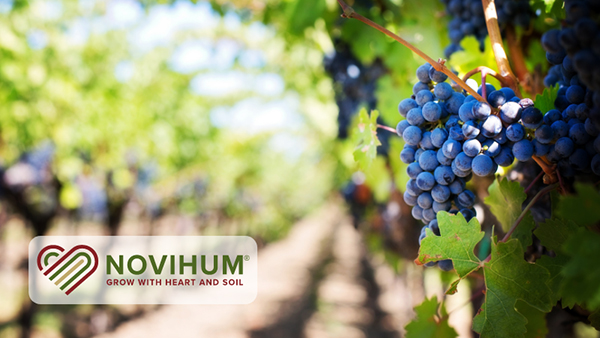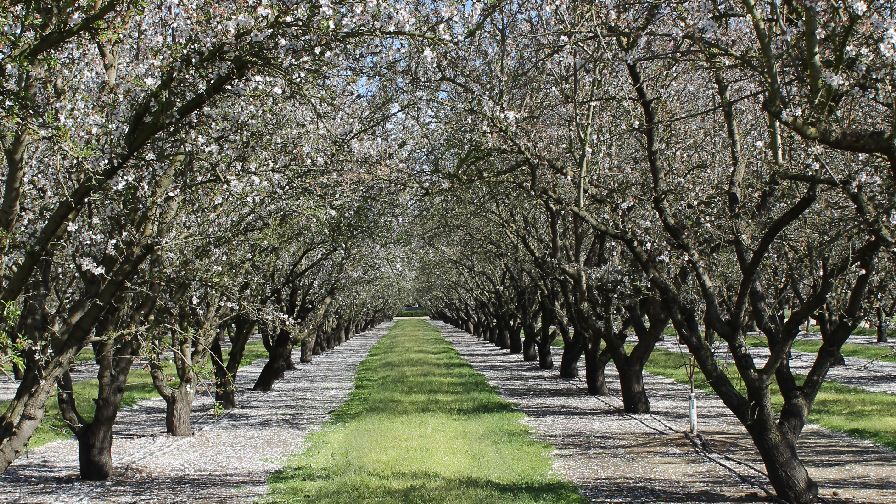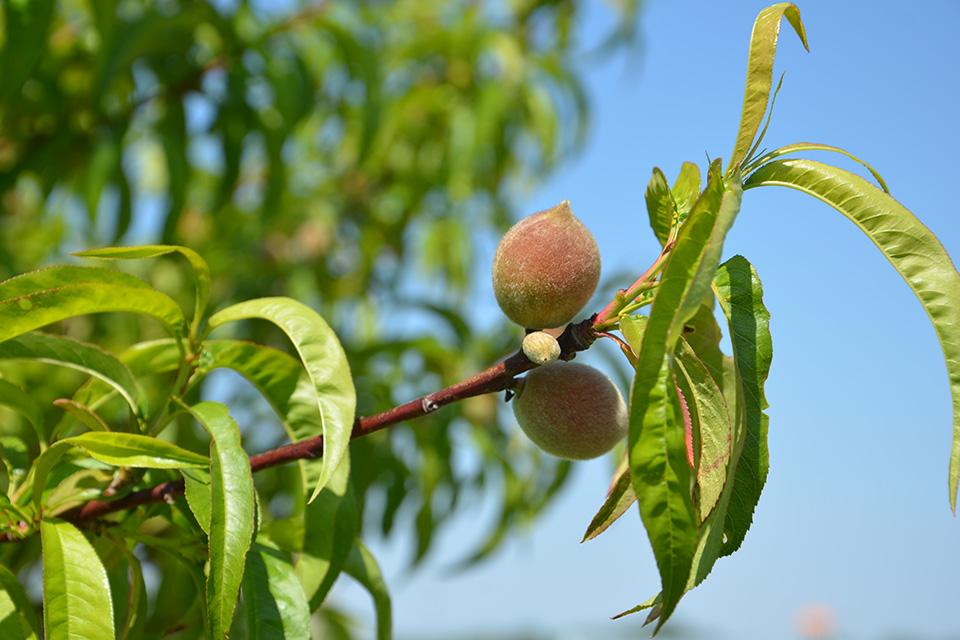Opinion: Growers Thinking Digital More Than Ever
When I first started working for American Fruit Grower and Western Fruit Grower, my morning routine was simple. After filling my first cup of coffee, I would check the two to three e-mails I may have received the night before. Then I would go through all the mail in the in-box on my desk, head down the hall to catch up with a co-worker, call a couple industry folks on a story lead, and perhaps write a news piece that would appear in next month’s issue.
It’s a bit different today. The desk in-box is a lot lighter, and I spend much more time checking the 50 to 60 e-mails I received. Throughout the morning, I’ll post a couple news stories on our website, monitor the day’s headlines online, and edit videos focused on insect control or a recent grower meeting. Then, I’ll start a new round of e-mails.
My two main points here: First, e-mail takes up far too much of my day. Second, and more important, my Internet and digital habits have changed significantly in the past few years. And as it turns out, yours have, as well.
Online Activity Growing
At the beginning of this year, our parent company, Meister Media Worldwide, conducted a survey via e-mail asking about 9,000 fruit and vegetable growers about their Internet usage and preferences. We wanted to get an idea of how often you’re online, what you’re looking for, which digital tools and resources you prefer, and how interested you are in expanding your digital activity.
The results of the survey, while perhaps not universal for our entire audience, were certainly eye-opening. Here are some highlights from the survey:
• About 83% of the respondents said they have high-speed/broadband Internet connections, with 87%-plus reporting that they have broadband at home.
• More than 69% either currently have a website (40% have one now) or plan to launch one.
• Many of you are interested in news, witnessed by the high number of e-mail newsletter subscriptions. More than 73% of respondents receive three or more e-newsletters and nearly 62% read or scan each one they receive.
• You are not afraid of trying newer Internet-based technologies: 71% of respondents said they have watched a video online. Conversely, about one-third have listened to podcasts, subscribed to an RSS feed, or visited social networking sites like Facebook (or our newly launched ProduceCommunity.com).
• A majority (60%) of you access the Internet every day for work-related purposes, and another 33% do so one or more times each week. Some 87% spend anywhere from 15 minutes to an hour a day on work-related Internet browsing, almost 59% in the evening hours.
• When you are online, you might be checking the weather (89%), reading about fruit and vegetable growing related issues (84%), researching products or services (84%), finding supplier contact information (71%), buying something (66%), and checking out new technology (65%).
• For those of you who have Internet-capable cell or smart phones, you use them for checking e-mail (27%), text messaging (25%), weather updates (23%), and news or general browsing (11%).
• A high percentage of you (63%) may or definitely will participate in a work-related Webinar.
Behind The Numbers
Some thoughts to consider from this information:
• Gone is the stereotype of farmers being behind the rest of the population in their use of new communication technology. You may not be sitting at a desk all day in front of a computer, but you’re still getting information out in the field, in your tractor, or in the office after a hard day’s work.
• Information is now available in an instant, and you are certainly taking advantage of it. You are also getting this information in new formats, and in more interactive ways.
• What is not indicated here, but should be considered, is the “trust factor” involved in getting information online. Simply put, anyone can go on the Web, post a blog, video, or comment, and get someone to read it and believe in its authenticity. With the volume of content that’s out there, it’s important to make sure you’re familiar with the source and how valid its message is. In other words, don’t take anything for granted.
One other point: You don’t have to commit yourself to becoming an expert in all forms of digital communication (e-mail, Webinars, social networking, videos, texting, blogging. etc. …). Pick something that you’re comfortable with, and use it to your best ability.










